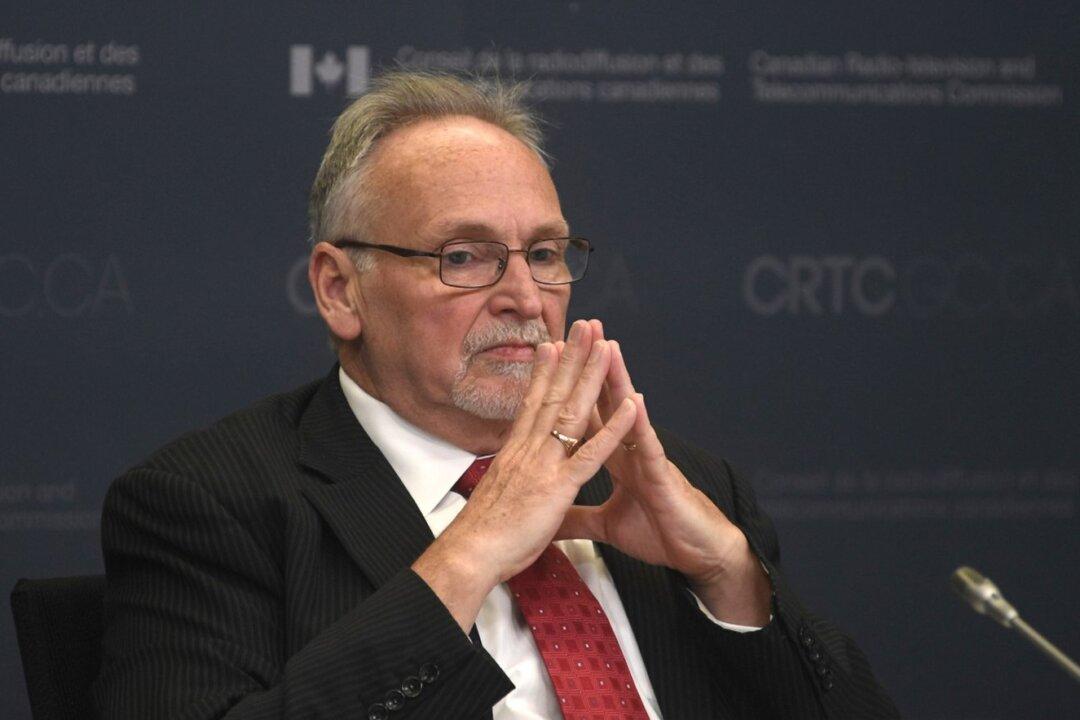Ottawa is pursuing different pieces of legislation to regulate the internet, one of which intends to extend the government’s oversight of traditional broadcasting to the digital sphere and its platforms. While the government has said user-generated content will be exempt, the chair of the Canadian Radio-television and Telecommunications Commission (CRTC) said on May 18 that it won’t.
“As constructed, there is a provision that would allow us to do it as required,” CRTC chair Ian Scott told the House of Commons Standing Committee on Canadian Heritage.





